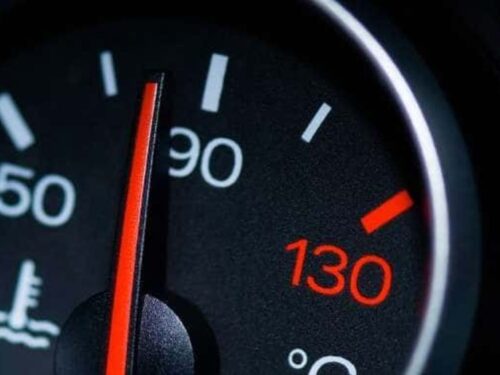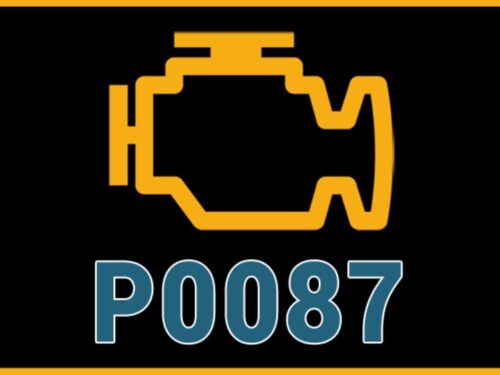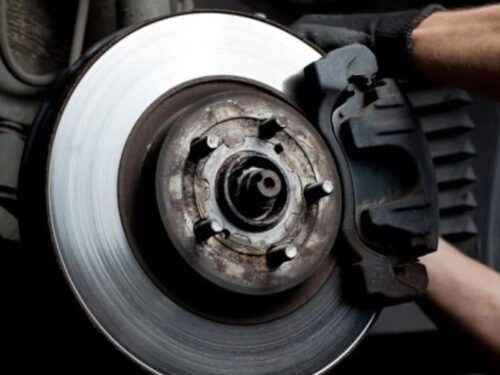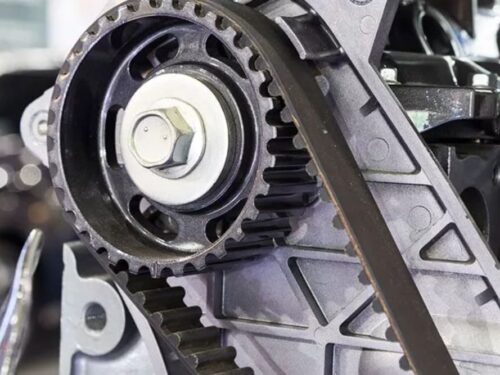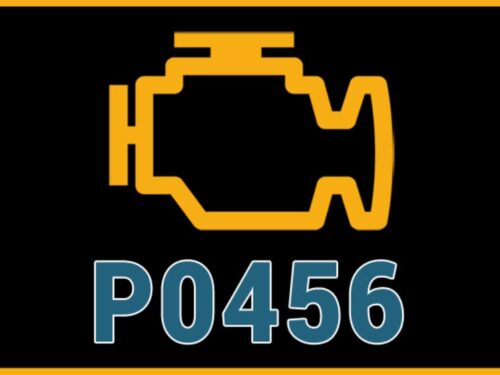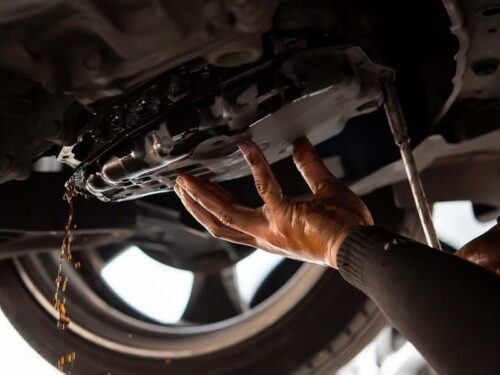
Car fluids play a key role in ensuring that your vehicle runs optimally. Sometimes, after parking your car in a spot for a while, you may notice liquid spots underneath your vehicle. This is a clear indicator that some type of car fluid is leaking. This article will mainly discuss the most common type of fluid leak; engine oil leak. However, before we delve into oil leaks, their common causes, and how to avoid getting them, we will quickly highlight other types of car fluid leaks that can occur, how they can be identified and where they are typically observed.
These vehicle fluids include:
- Antifreeze Fluid Leak – If you notice a patch of thick fluid that is yellow, pink, or green in color around or under your car, it may indicate that you have an antifreeze leak.
- Steering Fluid Leak – This type of leak typically occurs around the front area of the car. The fluid can either be brown or red in color and it is usually thin.
- Water Leak – Water leaks can often be served underneath the car. If you have this leak, you are likely to see a small pool of clear and odorless liquid.
- Transmission Fluid Leak – If your car is stationary, you may notice a thick patch of brown or red fluid around the mid-section of your car which may point to a transmission fluid leak.
- Brake Fluid Leak – If you notice an oily patch that is has a clear to brown color near the passenger side seat or around your car’s wheels it may indicate that your brake fluid is leaking.
A fluid patch under or around your car may indicate that you have either of several of the leaks highlighted above. However, the leaks above are not as common as engine oil leaks.
The Importance Of Maintaining Your Cars Oil Level
The engine is the most important part of your car and it plays the key role of keeping your car in motion. The engine has many components which are usually working simultaneously when your car is in motion. Due to the motion of all the engine components, there is usually a lot of friction in this part of your car. Engine oil usually acts as a lubricant reducing friction among all the components hence ensuring that your car runs smoothly while at the same time enhancing the lifespan of all parts of the engine.
To keep all engine parts moving as they should you need to ensure that you have high-quality engine oil at all times. This means that you should change your oil periodically. Failure to change your oil will lead to excessive friction which will in turn cause corrosion within your engine.
Should you fail to change your engine oil as recommended, the oil may lose its viscosity and lubricating ability. In the auto maintenance industry, experts call this ‘becoming dirty’.
Irregular engine oil changes often manifests itself as an oil leak. For a parked car that has an oil leak, you may notice a puddle of brown liquid that has a greasy texture underneath the front of your car. It is however worth noting that some cars today have a cover underneath the engine which makes it harder to spot an engine oil leak. To understand if you have an oil leak, you may need to do a more thorough inspection by popping the hood of your car and checking if your engine is covered with oil or if there are small puddles that have collected around your engine.
If you have an engine oil leak, it may have been predicted by several factors such as:
1. Worn Out Gaskets and Oil Pans
The oil that you add to your engine for lubrication purposes is usually held in place then pumped by a pan and gaskets that are usually located at the bottom of the engine. If you drive often on rough roads with a lot of loose gravel and other debris, they can cause damage to the pan and gaskets causing the oil within to leak slowly.
2. Improperly Installed Engine Oil Components
Your engine oil may leak if:
- The oil pan and gaskets are fitted too tight. Ideally, when fitting the pan and gaskets, the tightness should be evenly distributed
- The oil filter is fitted loosely causing the oil to leak as it flows into the engine
3. Defective Valve Seals and Rings
If the valve seals and rings in your engine oil system are damaged, they can lead to small oil leaks.
Always remember that engine oil leaks do not just happen when your car is parked. Sometimes they can occur when your car is in motion. Should that happen, the heat from your engine will burn up the leaking oil producing a noticeable odor.
An oil leak can cause a lot of damage to your engine components. If it goes undetected for some time, you may even have to end up overhauling your entire engine. The best way to avoid the problems that follow an oil leak and other car fluid leaks? Take your car for regular inspection, get your oil changed as regularly as you can, and ensure your car gets serviced often.
Courtesy of absolutecarcare


